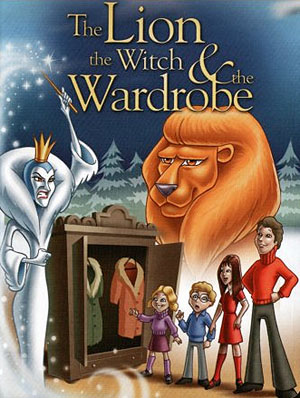I'd definitely recommend The Lion, the Witch and the Wardrobe first, and of course The Last Battle last, but the rest of the ordering is fairly subjective and I guess everyone has their own preferences there.

I originally thought so too, until I went back to The Lion, the Witch and the Wardrobe some time later and found the White Witch IS called Jadis there once — at the end of the note that Maugrim the Wolf leaves in Tumnus's house after he's arrested.
Mind you, there's a little bit of "origin story" in The Lion that doesn't quite seem to fit with what we learn of Jadis in The Magician's Nephew, which was written some years later. In The Lion, she claims that Edmund's life is forfeit to her because, in her words to Aslan, "You at least know the Magic which the Emperor put into Narnia at the very beginning. You know that every traitor belongs to me as my lawful prey and that for every treachery I have a right to a kill." It's implied that the Witch was lawfully granted a sort of Satan-like role by the Emperor-beyond-the-Sea (Aslan's Father) when Narnia was created. Yet this never comes into The Magician's Nephew as far as I can remember; in that book she is of course the last queen of Charn who destroyed her own world and is brought into Narnia through Digory's actions. She isn't presented there as a figure whom Aslan and/or the Emperor intended to have there and to be given any legitimate part in governing Narnia. I've always wondered if Lewis slipped there a bit with his cosmology and forgot how he originally envisioned the Witch and her role in Narnia, but it doesn't spoil the stories for me.
I never thought she was the same figure, but I'm pretty sure (I don't have the book with me to check the exact quote) one of the owls in The Silver Chair states that they think she could be "one of the same crew" as the White Witch. So to me that suggests she's the same sort of being, perhaps even related somehow, but not literally the same person.

